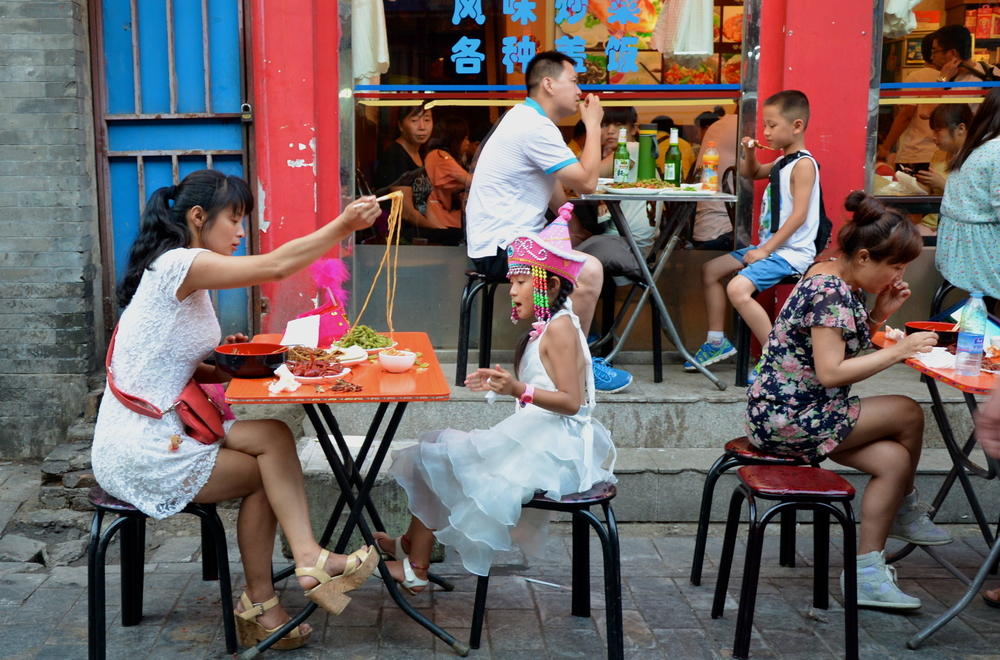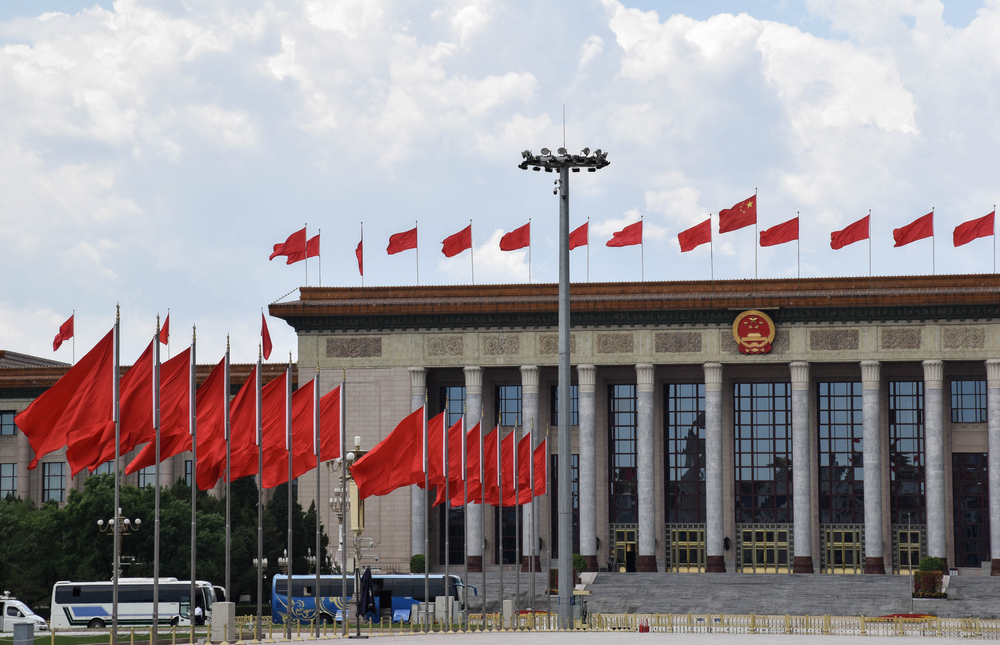China restricts land portions in a bid to end developers’ panic buying
As China’s central government aims to rein in runaway real estate prices, new measures will restrict land auctions to three per year in large cities including Beijing and Shanghai

China’s government rarely times announcements by accident. A day after the Chinese New Year holiday, and exactly two weeks before the start of the country’s largest political meetings of the year—the “two sessions”—Beijing’s bureaucrats coined their latest policy term.
Within days, the city governments of Tianjin and Zhengzhou dutifully arranged meetings to discuss these new regulations, quickly followed by officials in other major cities. All hastily issued notices employing the new watchwords set to instruct China’s property market: liangjizhong, or the “two centralisations”.
The policy requires China’s 22 largest cities to hold just three land auctions each per year. It also requires them to publish timetables well in advance with details of the plots available in a bid to end panic buying by developers, which have driven up land prices and, in turn, the cost of owning a home in China.
Municipal governments are also required to increase the area of land available over time, thereby guaranteeing adequate supply.
A Chinese journalist compared the new policy to a formal meal at which diners would now be instructed to form an orderly queue, having been shown the menu well in advance. This would contrast with the previous system: a last-minute, all-you-can-eat buffet with limited and unpredictable supplies of everyone’s favourite dishes.
“We don’t think they will extend this policy to small cities,” says Jessie Chen, a chartered surveyor for mainland China at property valuation firm RHL International in Hong Kong. “In China, the property market is always booming, but the focus is usually just on the top cities.”
Since China’s first land auction experiment in 1987 in Shenzhen, the system has been a major driver of wealth. But it has also resulted in state-sponsored corruption and spiraling house prices. In 2002, the central government banned negotiated sales which equated to secretive deals between city officials and developers. But the new compulsory auction systems, though more transparent and regulated, could still suffer manipulation, according to a landmark study by the RAND Journal of Economics in 2013. Since then, land prices have continued to accelerate, causing a housing headache for the central government.
The new policy is comparable to a formal meal at which diners will now be instructed to form an orderly queue as opposed to the previous system: a last-minute, all-you-can-eat buffet
“We will keep land and housing prices—as well as market expectations—stable,” said Prime Minister Li Keqiang addressing legislators in Beijing at the two sessions in March. “We will address prominent housing issues in large cities, making every effort to address the housing difficulties faced by our people, especially new urban residents, and young people.”
There are signs that the “two centralisations” will form the backbone of a new land sales policy instituted by Beijing and wedded to a raft of further restrictions implemented at the city level.
Following the announcement of its first land auction under the new system at the end of March, Beijing introduced a new letter it requires bidding companies to sign, which enforces caps on home prices. Some cities have also introduced a new circuit-breaker system by which a lottery kicks in once bids climb too high on any one plot.
Private developers have given mixed reactions to the new land auction policy. Hong Kong-listed Sino-Ocean Group, a developer in 50 cities across the mainland, was among the first to publicly comment, stating in a recent annual report its plans to abide by the “two centralisations” policy and “control investment risks”.
Other developers have privately told journalists the new policy has created an extra workload for their valuation teams, pushing up costs, while publicly stating they embraced the new auction format to placate the government.
Many stocks soared in response as analysts predicted the policy would favor larger developers with stable financials. China Resources Land saw its share price jump 11%, and Country Garden was up 7% the day after Qingdao became the first city administration to issue an online confirmation of the new policy.
“It might lead to a more rapid consolidation of the developer market as the bigger players can allocate more resources to reviewing potential land plots and setting up financing to bid on multiple plots,” says James MacDonald, head of Greater China research at Savills in Shanghai. “The smaller guys might find this more challenging.”

Many cities are stating they now require bidders make an advance deposit of at least 20% amid a tight credit climate engineered by the central government, which has ordered a clampdown on unauthorised lending to the property market.
Last year, the central government announced yet another new policy called the “three red lines” which limits developers from certain activities, including borrowing of their liabilities become too high. As a result, a handful of companies including debt-laden Evergrande Group have faced restrictions, and the new auction system has prompted some cities to restrict land bids by such firms altogether.
“Leading developers with significant capital advantages and more mature operations may be relatively calmer under the new [land] transfer regulations,” says Central Wealth Asset Management analysts Hongfei Cai and Lianxin Zhuge.
With many among China’s 22 largest cities yet to hold land auctions under the new system, analysts said it remained too early to tell whether the policy would achieve its stated goal of curbing land and property prices.
“It is hard to identify the impact of the policy when there are so many other factors that could influence price,” adds MacDonald of Savills.
Still, China’s overall policy direction on real estate appears clearer than ever. State officials have in recent weeks cited President Xi Jinping’s property mantra that “houses are for living, not for speculation” with increasing regularity, adding a raft of new price-curbing restrictions as China posted a record 18.3% GDP growth in the first quarter.
In Shanghai’s new homes market, local officials introduced ten such new measures in the first quarter alone, says Savills China in a market update in April: “It is expected that the policy environment will remain strict throughout the year.”
The original version of this article appeared in Issue No. 166 of PropertyGuru Property Report Magazine
Recommended
Why everyone is moving to Selangor and Johor: Malaysia’s real estate comeback
Malaysia’s upturn in fortunes is especially prevalent in secondary destinations such as Selangor and Johor
Penang’s silicon boom: How the US-China tech war is supercharging local real estate
Penang’s booming semiconductor industry has created ripples within the local real estate sector
New leader, new opportunities: How Hun Manet is shaking up Cambodia’s real estate game
Hun Manet is overseeing decent economic growth and widening access to the country’s real estate market for foreigners
Singapore embraces inclusive housing reforms amid resilient demand
The Lion City’s regulatory strength continues to exert appeal for international investors








